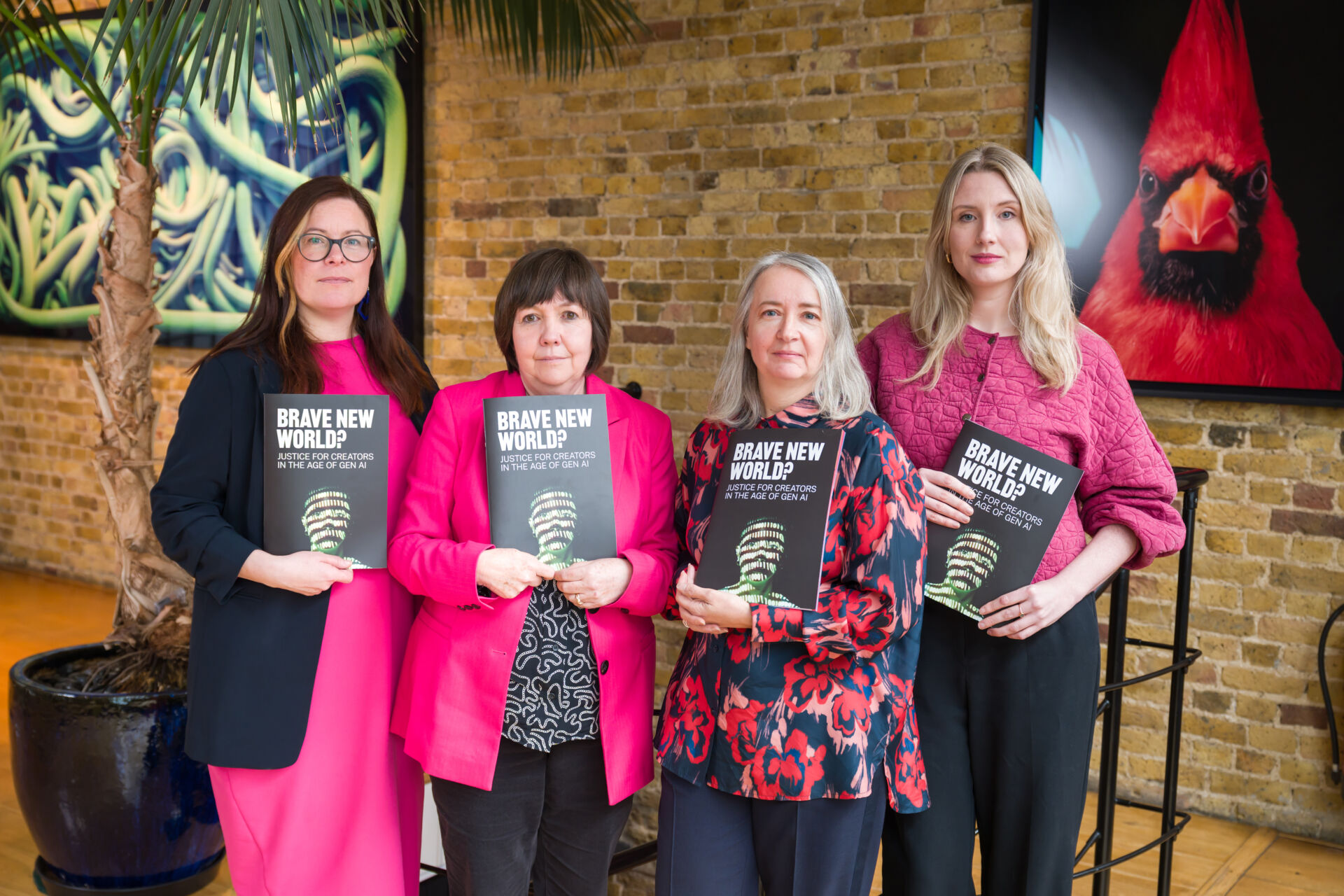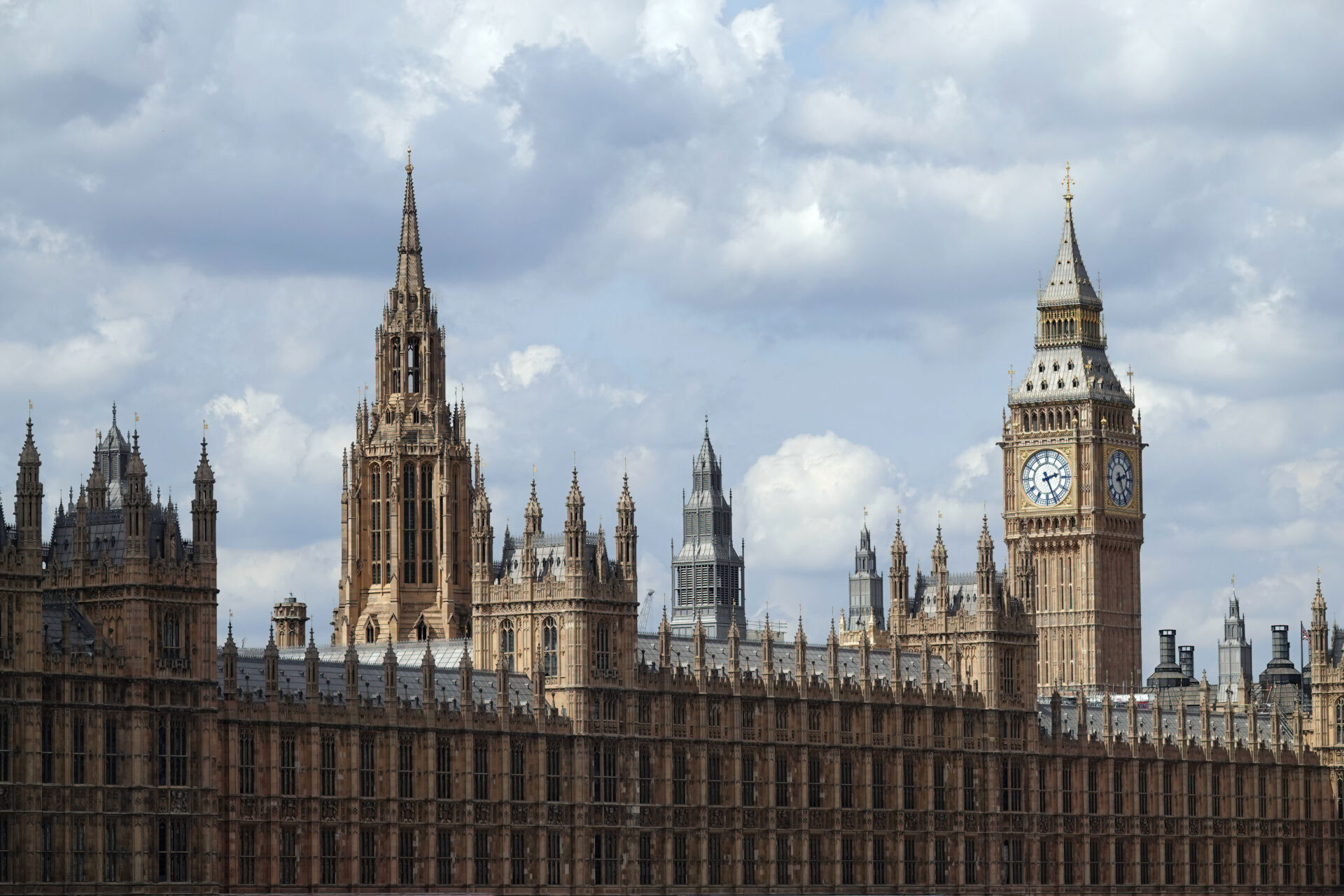Throughout January 2025, we surveyed our 12,000+ members and other authors, and received over a thousand responses whereby respondents shared their views on the Government’s proposal to change copyright law as part of its consultation on Copyright and AI.
The responses have provided invaluable evidence, reinforcing the points made in our submission about the irremediable damage a text and data mining (TDM) exception with a rights reservation mechanism would have on authors’ livelihoods, on the profession as a whole and on our wider creative industries. We thank everyone who took the time to complete the survey.
Summary of the key findings
The survey focused on authors’ views on the key topics covered by the Government’s consultation on Copyright and AI, including: (i) a proposal to introduce a text and data mining (TDM) exception into copyright law, which would allow tech companies to use copyright-protected works without permission, unless the author had explicitly opted out; (ii) transparency, labelling and enforcement measures, and (iii) AI in education.
The government proposed that, rather than having the right to opt in to allowing your work to be exploited by machine learning (the current situation), you would be presumed to have agreed unless you actively opted out. On this question, 96% of respondents believed this would have a negative impact on the creative industries with 91% reporting that they have no experience with opting out; and 82% saying that opting out each of their individual copyright-protected works would negatively impact their business.
In the comments provided by authors:
- An overwhelming majority expressed their strong opposition to an opt-out system, calling instead for the current opt-in system to be upheld. Many made the point that our industry has been relying on a permission-based system successfully for decades and it would be hugely unfair to change that for the benefit of one sector.
- Many respondents helpfully elaborated on the various ways in which opting out simply does not work. For example, robot.txt can be circumvented or ignored, there is no way for authors to know when they need to opt out, and it is technically impossible to remove scraped material from a system, even if the option to opt-out is exercised.
- Respondents repeatedly raised the same concerns about the damaging impact the government’s policy proposal would have on creators’ livelihoods in the long term, on industry diversity and representation, and the devaluation of the creative work.
58% of respondents were concerned that preventing their website being ‘crawled’ or ‘scraped’ for machine learning by opting out could negatively affect their discoverability online. There was particular concern here from illustrators who use their website and social media to showcase their work but now feel that the risks outweigh the benefits.
Transparency and labeling
- Comments from respondents showed that transparency is key at both the input and output levels. Transparency from developers about how they source and use data is crucial, as is transparency for consumers about when material is AI-generated.
- Over 80% of respondents believe the authors of works exploited by generative AI should be credited in the metadata and in the text surrounding the AI-generated material.
- 81% of respondents said they would like to be able to find out for themselves, through a database, if their works were used by an AI system to generate content.
Creators’ livelihoods and the profession at risk
More than half of respondents (57%) do not consider their area of creative work to be a sustainable career, and 72% believe that their work opportunities as a creator have been negatively impacted by generative AI. While 14% thought that there had been an increase in their earnings which they could attribute to the developments of generative AI technologies, 86% said that such developments had caused a decrease in their earnings. When it comes to feelings about how generative AI might impact creators, 11% are more optimistic than a year ago, 20% are neutral, but 69% are more pessimistic.
The sectors in which respondents reported the greatest negative impact so far are:
- Copy-writing; article and story writing including for journals, websites, corporate blogs and promotions; educational writing, and teaching engagements; ghost-writing;
- Illustrating and design-work;
- Translating, particularly in the technical and information sectors, but also literary translation;
- Voice-work, for example for commercials, interactive voice-response and similar announcements, and audiobooks
AI in education
- 75% of respondents believe that AI is not a viable alternative to human-created works
The comments from respondents showed that the biggest concern is people losing the ability to think critically and tell truth from falsehood which will lead to a damaged society. There were concerns about the loss of knowledge and skills in future, and the impact on the economy and workplace. More positively, some respondents said AI could help with special access needs and improve accessibility; and that they were in favour of AI for STEM research and practice, but not when it comes to creativity.
- Sustainability: 88% of respondents believe that the high energy demand from tech companies should be a key consideration for how the government expands in this area
- Mental health: many respondents pointed out the negative impact AI had already had on their mental health
- Human connection: respondents were vocal about the importance of learning social interaction, and the way a teacher can, for instance, identify and deal with a pupil who is struggling (or is exceptional), which is lost when AI tools (many of which were reported not to be fit for purpose) replace live, human teaching.
- Social anxiety: the responses also highlighted that social anxiety is exacerbated by AI and this will only increase if human contact and interactions are further replaced by AI, particularly in education.
Next steps
The Society of Authors submitted its response on 25 February 2025. Over 11,500 submissions have been received by government. We anticipate that it will take several months before an interim report is published. We will keep members informed, and in the meantime, we will keep up the pressure through the Make It Fair campaign.





